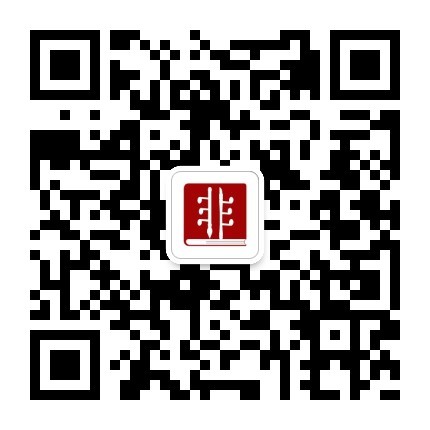【亚洲•韩国】传统民谣《阿里郎》非物质文化遗产项目
2018-02-05 10:54
《阿里郎》是韩国的代表性民谣,指一组有规律或间歇性演唱含有“阿里郎”或发音相似词汇之副歌的歌曲。《阿里郎》是韩国和韩半岛及海外韩民族社会中广泛喜欢唱的代表歌曲,具有歌词不定、主题开放、任何人皆可自由演唱的特征。
很早以前就以位于韩半岛中央的太白山山脉为中心出现的《阿里郎》逐渐以位于韩半岛中东部的江原道旌善为中心传播开来,成为1亿韩民族人的民谣。以江原道为首,韩半岛西南的全罗南道珍岛、东南的庆尚南道密阳等地成立了传承保存团体,正积极开展活动。
虽然无从得知农村社会何时出现《阿里郎》,但19世纪中期出现了首尔职业说唱艺人所唱的大众民谣《阿里郎》,随着他们所唱的大众民谣《阿里郎》广泛传播到全国各地并流行开来,又出现了许多大众民谣形式的其他《阿里郎》。1926年,电影《阿里郎》拍摄完成,其主题歌选用了大众民谣《阿里郎》中流行最广的一首进行了翻唱。电影获得极大成功后,其主题歌也掀起了一股热潮,成为当时全民族的歌曲,并代表了所有《阿里郎》。
《阿里郎》在20世纪初的日本统治时期获得普遍传播,除韩国国内之外,也成为离开国家与故乡的许多人心中的歌曲,传播到了国外。进入现代后,在巴西、德国、美国、加拿大、澳大利亚、新西兰等100余万韩国人居住的地方,《阿里郎》也成为一种移民文化。
《阿里郎》超越地区和时代,得到广泛传承和再创造这一点和只要出现“阿里郎,阿里郎,阿拉里哟”这一副歌部分就能令所有人简单创作演唱的多样性价值获得肯定,于2012年12月5日被联合国教科文组织收录为人类非物质文化遗产。" Arirang is a representative folk song in Korea. It refers to a group of songs that regularly or intermittently sing songs containing "Arirang" or similar pronunciation words. "Arirang" is a representative song widely liked in Korean and Korean Peninsula and overseas Korean society. It has the characteristics of indefinite lyrics, open theme and free singing for anyone.
Arirang, which appeared long ago in the Taibai Mountains in the middle of the Korean Peninsula, has gradually spread to the center of Kitaoka, in the middle and eastern part of the Korean Peninsula, and has become a folk song of 100 million Korean people. With Jiangyuan Road as the leader, heritage and preservation groups have been established in Zhendao, Quanlonan Road, southwest of the Korean Peninsula, and Miyang, Qingshangnan Road, southeast of the Peninsula, and are actively carrying out activities.
Although it is impossible to know when "Alirang" appeared in rural society, the popular ballad "Alirang" sung by professional rappers in Seoul appeared in the mid-19th century. With their popular ballad "Alirang" widely spread throughout the country and became popular, many other forms of popular ballad "Alirang" appeared. In 1926, the film "Alirang" was filmed and its theme song was sung with the most popular song in the popular ballad "Alirang". After the great success of the film, its theme song also set off a wave of upsurge, became the national song at that time, and represented all "Alirang".
Arirang" was widely disseminated during the Japanese rule in the early 20th century. In addition to Korea, it became a song in the hearts of many people who left the country and their homeland and spread abroad. After entering the modern era, in Brazil, Germany, the United States, Canada, Australia, New Zealand and other places where more than one million Koreans live, "Alirang" has also become an immigrant culture.
"Alirang" transcends the region and the times, and has been widely inherited and recreated. As long as the "Alirang, Alirang, Alario" part of the song appears, the diversity value of all people's simple creation and singing can be affirmed. It was included in the intangible cultural heritage of mankind by UNESCO on December 5, 2012.

